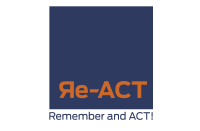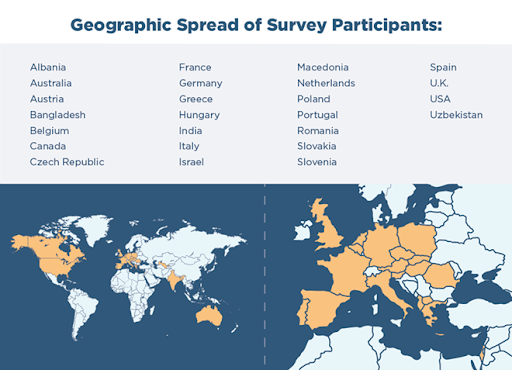 https://www.synyo.com/wp-content/uploads/SYNYO-NEWS-featured-image-NEW01007705EN.png
400
459
leo
https://www.synyo.com/wp-content/uploads/2017/09/synyo-logo.png
leo2025-01-01 10:47:112025-02-10 10:48:51BOND: Outcomes in Advancing Education, Tolerance and Heritage Preservation to combat Antisemitism
https://www.synyo.com/wp-content/uploads/SYNYO-NEWS-featured-image-NEW01007705EN.png
400
459
leo
https://www.synyo.com/wp-content/uploads/2017/09/synyo-logo.png
leo2025-01-01 10:47:112025-02-10 10:48:51BOND: Outcomes in Advancing Education, Tolerance and Heritage Preservation to combat AntisemitismRe-ACT

Re-ACT: How can Project Re-ACT make a difference? Insights from the end-user analysis.
Project Re-ACT has completed its analysis of the needs, wishes and challenges faced by educators, civil society organisations and other stakeholders when addressing racism, xenophobia and other forms of intolerance. Besides producing novel insights, the analysis will enable the project to respond to the identified needs and challenges by laying the foundation for the tailored development of a web-based prevention hub, one of the core outcomes of the project.
Project Re-ACT will equip educators, civil society organisations and other interested persons with novel insights based on an in-depth analysis on the links between current online hate phenomena and hate-slurs as well as prejudices and practices that have been propagated in the Third Reich. Here, the project has already produced a number of reports and papers, like an analytical paper on debunking online antisemitism.
Moreover, the project will develop a web-based prevention-hub to raise awareness on high quality materials, projects and initiatives as well as ensure their dissemination to and exchange between relevant target groups, like the outlined civil society organisations.
In order to conceptualise the prevention hub and identify the wishes, needs and challenges faced by its potential end-users and Re-ACT´s target groups an in-depth need analysis was conducted, consisting of desktop research, online surveys as well as two thematic workshops (which were held online due to COVID-19).
Through this mixed method approach, a wide number of stakeholders from all across Europe and beyond were reached. For instance, educators, members of civil society organisations and researchers from 25 countries responded to the online survey implemented by SYNYO.

The need analysis highlighted that while existing online solutions are already being used to tackle and inform on hate speech, a lack of solutions dedicated especially to antigypsyism was pointed out repeatedly by those surveyed. Furthermore, many other significant support-needs seem to remain unaddressed, highlighting the potential for Re-ACT´s prevention hub to make a tangible difference.
As such, a number of barriers were identified by the analysis, hindering stakeholders and practitioners to address antisemitism and antigypsyism in the most effective manner.
The strongest finding, shared by the majority of those surveyed, was a “Lack of best practices on how to address the topic in different circumstances”, followed by a “need for prevention strategies” and “ready to use information materials”. Best practices were indeed mentioned repeatedly throughout the survey, with 74% of the respondents seeing them as very helpful to address antisemitism and/or antigypsyism or to train the mostly volunteer-based staff of many civil society organisations. To some degree related to the lack of best practices, a lack of exchange between different stakeholders and topic areas was also seen as a barrier by many.
The so identified challenges will lay the basis for the subsequent design of the prevention hub by SYNYO and have provided detailed insights on the needs and requirements the hub has to fulfil in order to make a strong difference.
Links
Keywords
Survey, Workshops, End-user, Requirements, Need analysis, hub, development,




